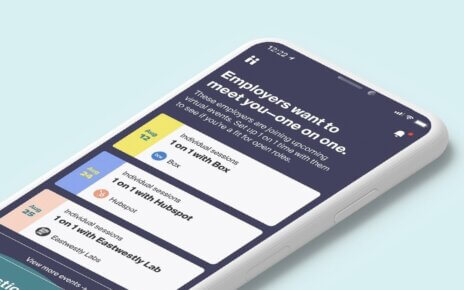In today’s day and age, virtually anything we desire is available at the single touch of a button. Entire television series are accessible to our society as a result of online streaming sources like Netflix, Hulu and Amazon Prime. These streaming websites have caused a habitual and continuous viewing among users that is commonly known as “binge watching.”
Binge watching can be defined as watching a particular television show in rapid succession, without any breaks to engage in alternate activity. This has become extremely popular among millennials, particularly college students.
Online streaming websites like Netflix and Hulu are incredibly successful due to the fact that they let their users watch multiple episodes in progression. It’s very rare that a Netflix user would log on and watch only a single episode of their favorite television show because it has become such an addiction to continue streaming.
Binge watching shows and movies online has become so popular that college students would rather sit in front of their laptop or tablet instead of actually flipping through channels on a television. Binge watching is all about instant gratification, convenience, and the accessibility to multiple episodes in just one sitting.
While binge watching your favorite show can be a fun way to leisurely pass time, there are many negative effects when it comes to this phenomenon.
Binge watching can be addicting, isolating and even increase procrastination levels in students. Many students have a difficult time finding motivation to accomplish their schoolwork, and Netflix isn’t exactly the push students need to help them get their homework done.
It has become very easy for college students to procrastinate and put off doing their work; many will find any excuse not to begin an assignment.
There are thousands of TV shows available for streaming on Netflix, and continuous watching leads to longer amounts of procrastination. The idea that you don’t have to wait a week to watch the subsequent episode of a cliffhanging series keeps viewers engaged in streaming their shows.
The initial suspense of finding out what is going to happen next in a popular series leads to an ongoing binge effect and can really put off getting work done. With a plethora of TV shows available at just a click of a mouse, it significantly raises procrastination levels in college students.
“Sometimes I’ll have the option to start an assignment or start studying for a test in advance but I’ll often find myself procrastinating, which usually involves me using my laptop to watch a television show instead of for a homework or study assignment,” Stephanie Merlis, a business marketing student, commented.
Not only can binge watching increase procrastination levels, but it is also an extremely isolating activity. “Sometimes my roommates will all be hanging out in the living room at our house, but I cant help but to continue watching my shows on Netflix,” said senior communication student Erin Shevlin.
Students can become so consumed in what they are watching that they may unintentionally disengage themselves from their roommates, friends and family. It’s very easy to become so consumed in what you’re watching that it stunts you from interacting with other people.
Binge watching is a very individualistic activity and if it is overdone, it can become extremely isolating.
Binge watching has become the most popular way to watch a television show, and the reason for that seems to be very clear: we live in a society of instant gratification and convenience.
We, as a whole, want what we want when we want it, and streaming websites like Netflix give us just that. We are able to control how much media we consume at one time and that opportunity has become severely abused through activities like binge watching.
How many times have we told ourselves, “just one more episode” while on Netflix? The answer is probably not that often. It seem as though binge watching is an activity that has consumed a majority of college students’ free time and will continue to be one of the driving factors of procrastination on university campuses.
IMAGE TAKEN from plarko.com




